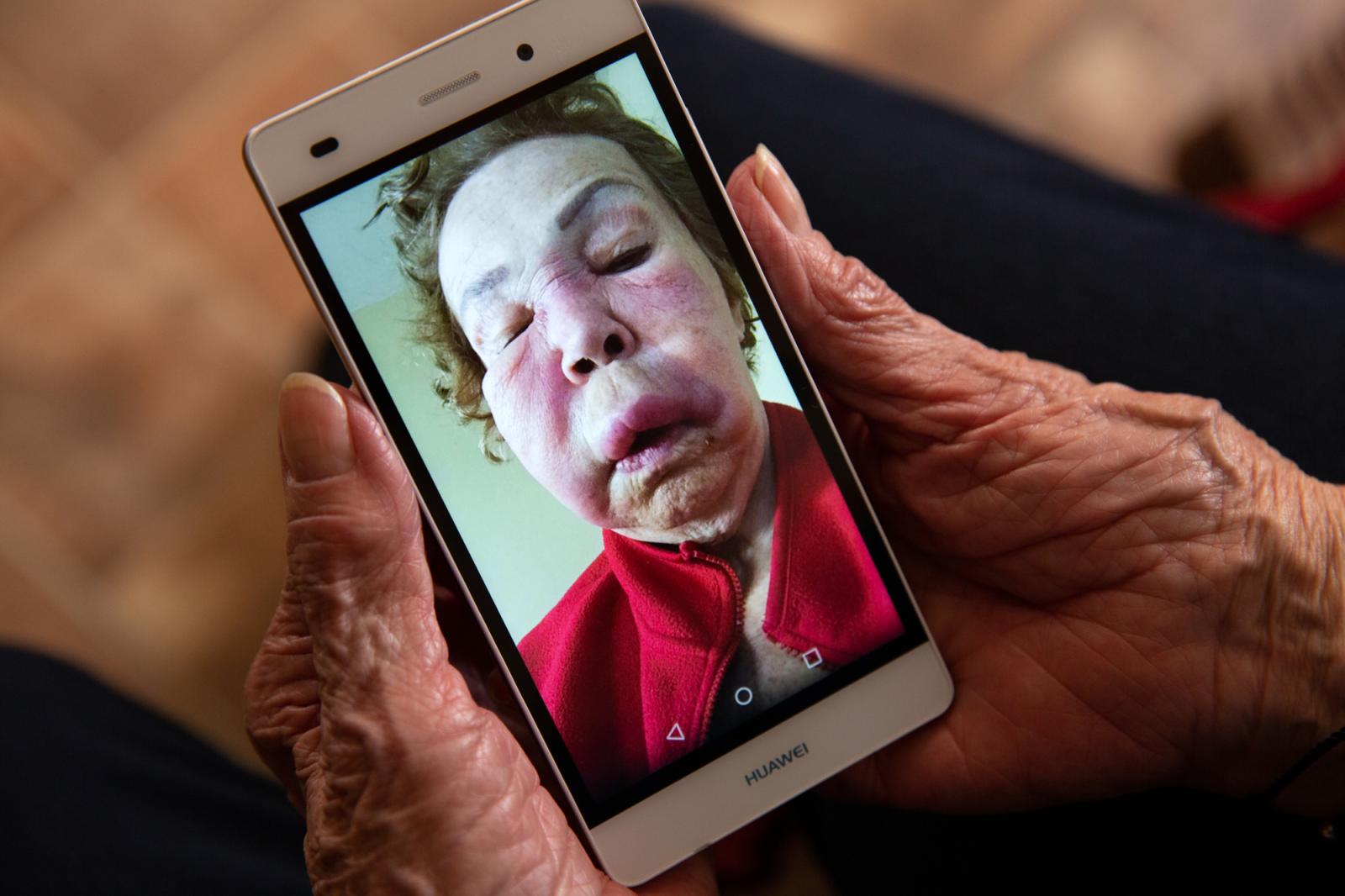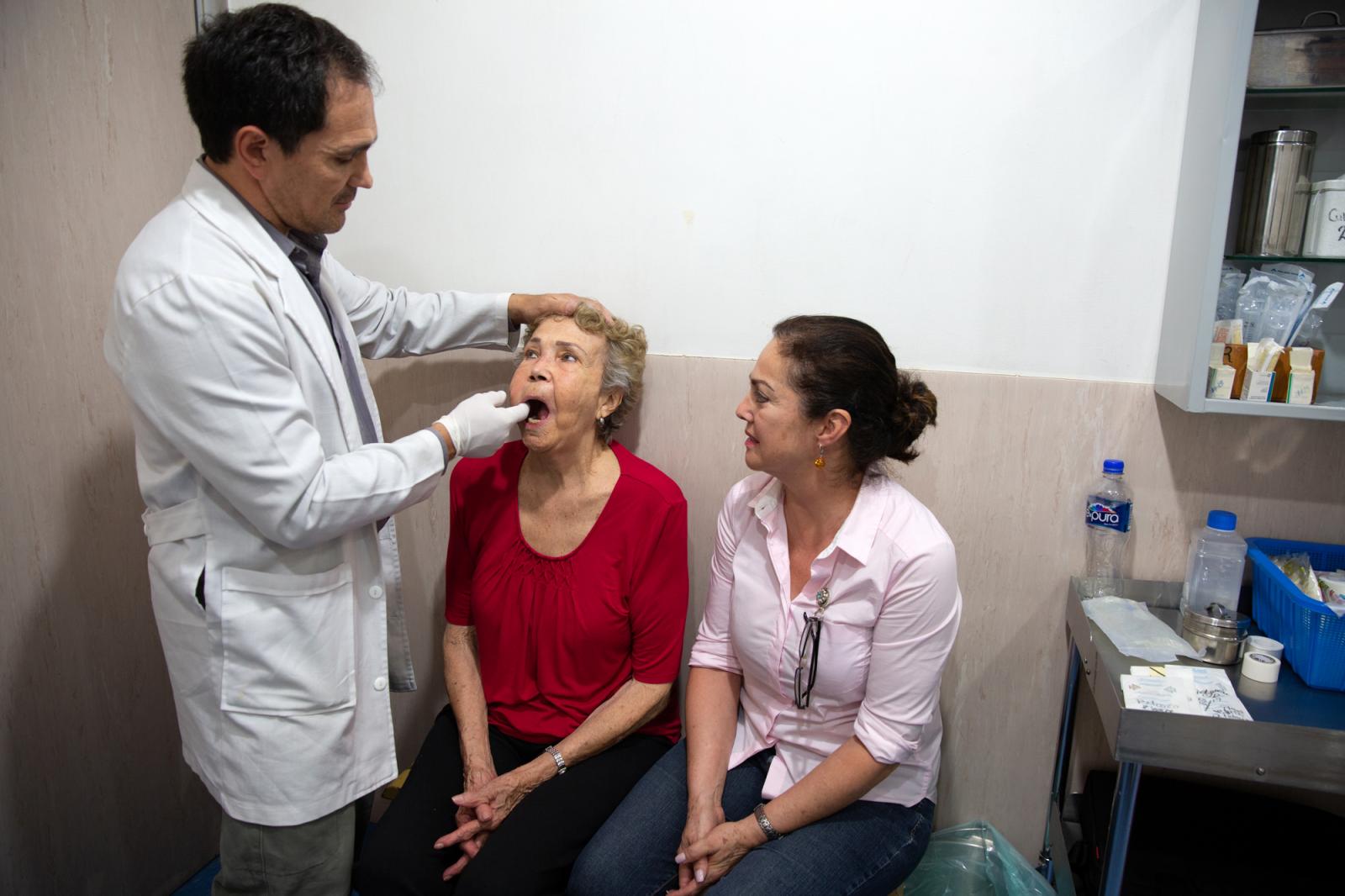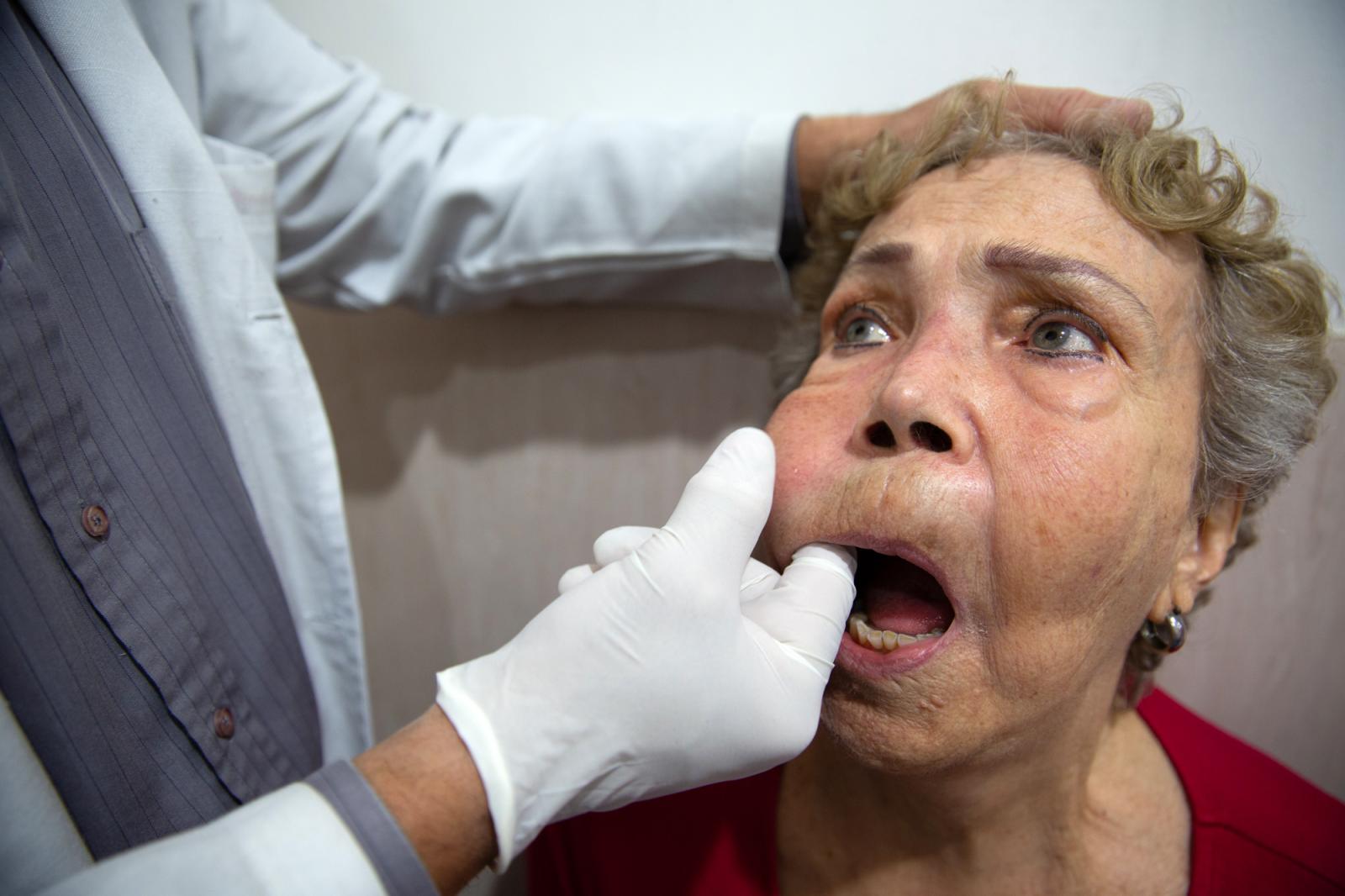HUMAN ADJUVANT DISEASE
The devastation caused by injecting foreign substances for cosmetic purposes into the body in mexico.
In the past fifteen years, thousands of people with worrying symptoms that include inflammations, severe skin disorders and immune system dysfunctions have caught the attention of Mexican doctors. The common factor appears to be the injection, years before, of mineral or vegetable oils, silicone or polymer fillers into the body or face for cosmetic purposes. These clandestine treatments, touted as an alternative to plastic surgery, were often performed by non-professionals who praised the immediate and spectacular results: sculptured features within anyone’s reach…
The delayed consequences are devastating. Human adjuvant disease, “Enfermedad por modelantes” as Mexican doctors named it, is incurable and can be fatal. The patients, predominantly women, submit to multiple surgeries to alleviate the pain. However, the physical degradation and chronic pain have catastrophic effects on their lives. Today these injections are still in demand, particularly amongst transgender and transsexual women. Even though they are aware of the risks, the desire to transform their bodies often takes precedence.
In Mexico, human adjuvant disease remains a taboo. The shame and denial on the part of the patients or the ignorance of medical staff have kept the real number of persons affected undetermined.
In the course of this reportage, several of the women affected by this disease speak of their experiences, their journey on what they describe as a medical ordeal, the social exclusion they impose on themselves, as well as the culture of secrecy that they foster around their condition.
Text by Emnmanuelle Steels

































